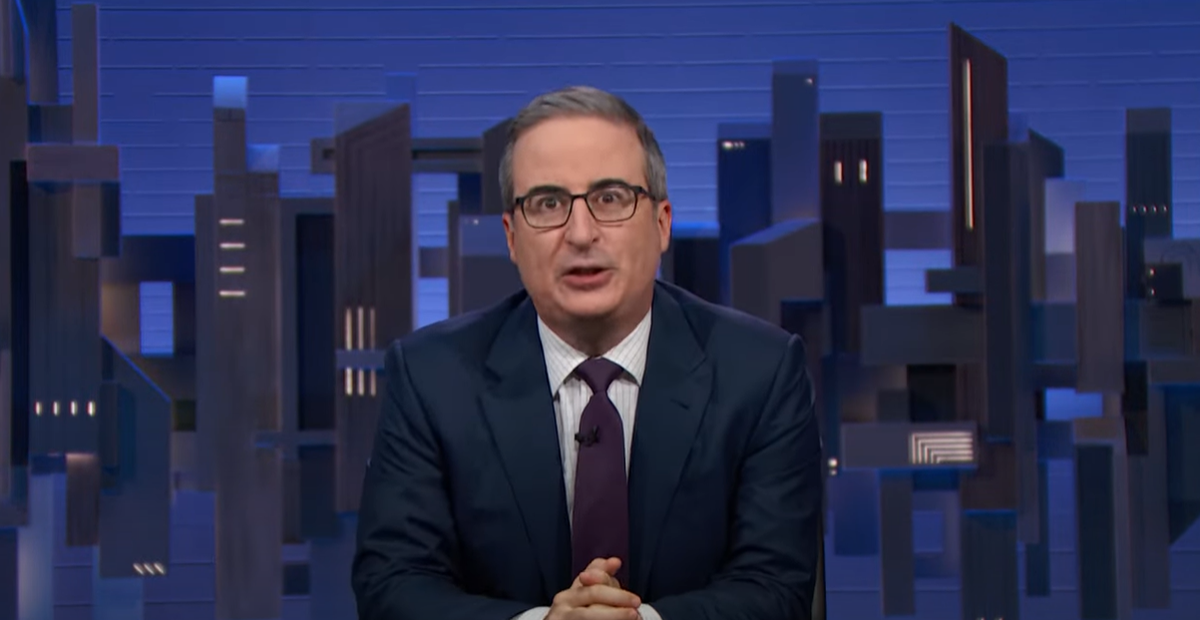John Oliver jokes that he’s close to proving major UFO discovery

John Oliver took on one of America’s most controversial and secretive subjects on Sunday night: the potential existence of UFOs.
The host of HBO’s Last Week Tonight spoke for 30 minutes on the subject after recent “revelations” from the release of US government files on pilots’ experiences with Unidentified Flying Objects. Last year, Congress also held a hearing on non-human “biologics”. Former president Jimmy Carter and celebrities like Dan Aykroyd have previously reported seeing UFOs.
Oliver admitted that he would not be able to confirm the existence of UFOs but stressed that officials should be transparent about “what we know, what we don’t know and some of the problems with how we’ve gone about trying to find out more”.
Oliver also joked that he was “close” to proving that Hugh Jackman came from a UFO.

The public’s fascination with UFOs took off in the 1940s, after one reportedly crashed in Roswell, New Mexico. Hundreds of sightings of the objects began to pour in, Oliver said.
“It’s frankly no wonder that people still speculate about Roswell to this day”, said Oliver. “It’s basically the Boy Who Cried Wolf, if the boy was the Pentagon, the Wolf was a 600ft spy balloon, and the moral of the story is ‘we got up to a lot of stupid shit during the cold war”.
The host said that one potential explanation for why the US government has been so secretive about the existence of UFOs could be an unwillingness to appear incompetent to the public.
Still, he said that people should have answers to questions concerning the objects because “it takes courage to even ask them” or for people to “talk about what you might have seen”.
Oliver ended the show by calling for an assessment of UFOs, cautioning that the answers to such an examination might yield “less fun” results. Some sightings of the objects might even have “rational explanations”, he said.
“There needs to be room for honest inquiry”, he said. “Because science is all about collecting small answers that eventually help us address big questions”.


